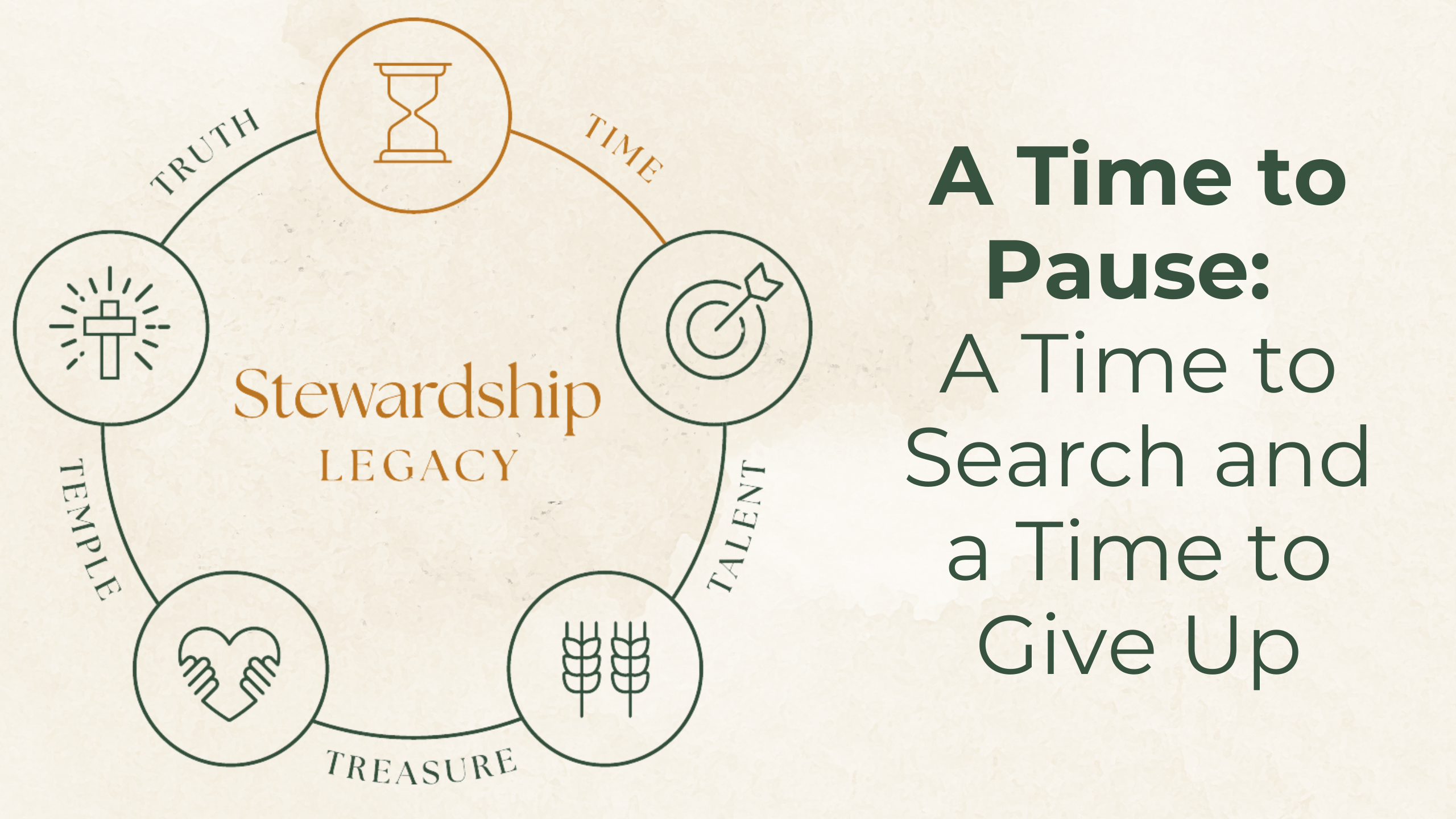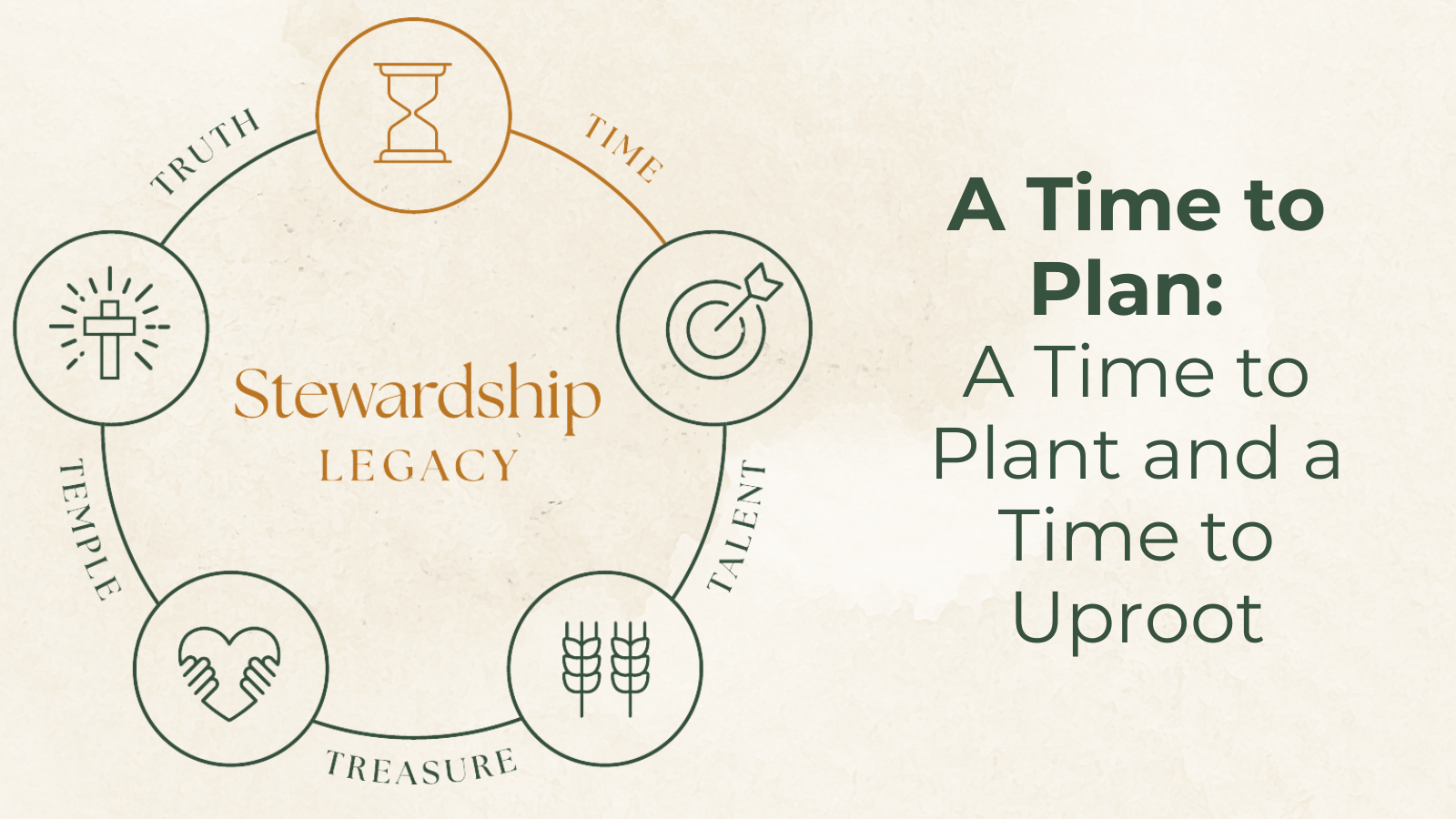Watch the livestream beginning at 10:30 a.m. on Sunday. After the livestream is finished, the video will be available to watch at any time.
Gospel: John 3:14-21 (NIV)
Music:
- Hymn: CW 409 “Jesus, Refuge of the Weary”
- Hymn: CW 570 “God Loved the World So That He Gave”
- Hymn: CW 822 “Pass Me Not”
- Hymn: CW 519 “There Is a Redeemer”
Lent 4 March 10, 2024
John 3:14-21 Pastor Ryan Wolfe
“A midnight message of love and light”
Dear Christian friends, I’m not 100% sure how to do this sermon text justice. I mean, John 3:16 – there’s hardly a better verse in the whole Bible. And the picture of the snake in the wilderness and Jesus comparing himself to that. So meaningful. Then there’s John 3:18, where we’re reminded that without Jesus every neighbor and family member who doesn’t have faith stands condemned to hell right now. And that’s only half the text. There’s still Jesus’ whole picture of light in the darkness – both the world’s sinful reaction to his coming and what Jesus’ light means for us as we live for him. It’s honestly too much to preach about in one sermon. In ten sermons. But you give me 18 minutes each week to try. And even if we only scratch the surface we find truths that change our hearts and our lives immensely. So let’s jump into it. Jesus’ midnight message of love and light.
In the third chapter of John we find Jesus speaking with one of the Pharisees. This Pharisee, though, is unlike the rest. He wants to know more about Jesus. He wants to learn from him. He wants to know if this teacher from Nazareth might just be the Messiah Israel was waiting for. Afraid of what the others would think, Nicodemus came to Jesus under the cover of darkness. And there on a rooftop, in secret, Jesus shared some of the Bible’s most comforting words of good news the world has ever heard. And while the world thinks it knows how to get to heaven, Jesus reveals the good news truth – the only way is by grace and gospel.
Our text picks up their conversation in the middle. Jesus says, “Just as Moses lifted up the snake in the wilderness, so the Son of Man must be lifted up, that everyone who believes may have eternal life in him.” Nicodemus knew the history of the children of Israel, and he knew well the account we heard as our Old Testament lesson. As the people wandered in the wilderness they grumbled and complained against God and against Moses. As punishment, God sent venomous snakes and many died. When the people repented though, God directed Moses to make a snake of bronze and put it on a pole. From that time on, anyone that was bitten could look at the snake, remember God’s grace, and live. God didn’t take away the snakes – he provided a way for the people to be delivered from them.
Do you see the parallel? Jesus identifies himself with that snake on a pole. “So the Son of Man must be lifted up,” he says. Of course, Jesus would be lifted up on the cross, and the result would be similar. We grumble, we sin, and we face consequences for that sin. The worst bite of our sin being of course, an eternal separation from God in hell. But just as he did for the Israelites, God promises that any sinner can look up at the cross, remember God’s grace, and live. As Jesus speaks to Nicodemus he speaks to us. How many times does Jesus have to tell us that he comes to save the world, not condemn it? Is it any wonder that after making the connection between Israel’s deliverance through the bronze snake and the sinner’s deliverance through the cross that the very next verse is the good news of John 3:16? The history of the snake and Nicodemus’ future seeing the Son of Man lifted up are both dripping with God’s undeserved love. That love is at the center of Jesus’ midnight message.
In fact, maybe we should think about just how undeserved that love is. Think of the history of Israel. God had brought them out of slavery in Egypt where Pharaoh was murdering their children as they were born! God brought them through the Red Sea in the Old Testament’s greatest miracle, destroying the army of Egypt in the process. He provided manna and quail for them to eat. Over and over, God had shown love and mercy. And how did they respond? Even after God had done for them what they had surely prayed and begged for, now they complained about it. And yet, God showed those stubborn people love and saved them with this bronze snake on a pole.
You recognize, don’t you, that it was that same love for people that don’t deserve it that caused God to send Christ too? Think of the world we live in. Would you describe it as a world deserving of God’s love? Now turn those eyes facing outward back in. Look in your own spiritual mirror and ask if you could describe yourself as deserving God’s love. Before you answer, remember God’s standard. Holy. Perfect. Either you are as good as God or you’re as good as dead. By nature we are just like those stubborn Israelites dying in the desert, complaining about God’s blessings. And man, are we good at complaining in times of blessing. God gives us as Americans wealth and leisure that ancient kings could only dream of – and we complain that we don’t have as much as the next guy. We live at a time when doctors have more knowledge and treatments than any time in history, and we complain about the availability of healthcare and the cost of prescriptions. We have Bibles right in our homes and freedom to worship God without threat of persecution, and we complain that it isn’t exactly what we want. Fellow sinners, welcome to the wilderness. Watch out for the snakes.
But listen again to Jesus’ midnight message: “God so loved the world that he gave his one and only Son, that whoever believes in him shall not perish but have eternal life.” Maybe you’ve heard of it? My childhood pastor called this the “gospel in a nutshell.” The whole good news of Jesus in one verse. When I study this good news verse with new members or with kids in catechism class, we find three parts to this best of news. So, since time is running short, let’s use that today. The first good news is that God loves us at all. He shouldn’t, for all the reasons I’ve already named. Our grumbling, complaining, selfish nature. Our words. Our thoughts. But he does. That’s the definition of grace, and we see it right here in John 3:16. God loves us when he should not. But the good news goes beyond even that. Yes God loves us, undeservedly and unexpectedly, but that wouldn’t mean anything without the second piece of good news in this verse.
In love, God took action. He gave. He sent his one and only Son. (By the way “only begotten” is a good translation too. The two terms just emphasize how unique and special Jesus is. Want to say it all? Just cheat and say he sent is “one and only only-begotten” Son.) But what’s important is that God sent this Son not to smite us with the righteous hammer of God, but to save us. Knowing full well what the cost would be, knowing the sacrifice that it would take, Christ came anyway. He gave up his place in glory for a time so that he could do the good we don’t. So that he could avoid the evil that we do. So that he could obey the will of the Father, and be truly righteous in the eyes of God. God gave us the solution when Christ gave us his life. In his death, we see our punishment carried out, like some internet meme in which Jesus’ face is cut in where our faces were supposed to be. As Isaiah said 7 centuries before Jesus’ birth – the punishment that brought us peace was upon him.
But there’s one more piece of good news in John 3:16. Yes, God loves us. And yes, he sent his one and only Son. But it’s the result of that loving action that puts this midnight message of love over the top. “…that whoever believes in him shall not perish but have eternal life.” Everything God did for us by grace and every sacrifice Christ made for us in love comes to us not by our choice or our work or our decision – it’s ours if we simply believe it. Trust it. Recognize it as true. The world gets this wrong and that’s why they need to rethink religion. Our own sinful hearts get this wrong too. Our natural desire to contribute something to our salvation is completely opposite what Jesus says here.
Legalists who demand acts of service to win eternity need not apply. Hypocrites who demand perfection from the heaven-bound have it all wrong. Our own natures that tell us we must do good so we don’t lose what God has given – that nature is wrong too. Jesus says, “whoever believes in him shall not perish but have eternal life.” Period. Life is given to the believer, not the doer. And note the tense. The believer “has” eternal life, Jesus says. It’s present – this eternal life is ours as soon as we believe. Our bodies may wear out and they may return to dust, but we won’t. As Jesus told Martha at the tomb of Lazarus, “whoever believes in me will live even though he dies. Whoever lives and believes in me will never die.” Believers in Jesus, death may be in the future for your body, but not for you. By Christ’s work death’s touch is now just heaven’s embrace for us. We are saved!
But not everyone. Jesus tells Nicodemus two verses later, “whoever does not believe stands condemned already…” Please listen. I want you to hear this because it’s important. Christian faith is an “in or you’re out” thing. Either we believe or we don’t. Either our friends and family know Jesus and are saved, or they don’t and they’re lost. We comfort ourselves, I think, with the thought that our unchurched friends and family are kind of okay. But that’s not what Jesus says. So what do we do, we who know the truth and love our neighbors?
In the last verses of this text Jesus describes himself as the Light who came into the world. And that we live in truth and light. You know how light works, don’t you? One small light can brighten a whole room if it burns brightly enough. Christ’s light in us is bright enough for our families, our neighbors, our friends. For the whole world. We just need to let that light shine in our lives and our words. This midnight message of love and light is not for us alone. It is the power of God to save souls. That they too shall not perish but have eternal life.
See, I told you I’d run out of time, but know this: we know this verse for a reason. Praise God for his good news in Christ to you and share this message of love and light with those in your life, that they might have this hope in Christ too. To God be the glory. Amen.



